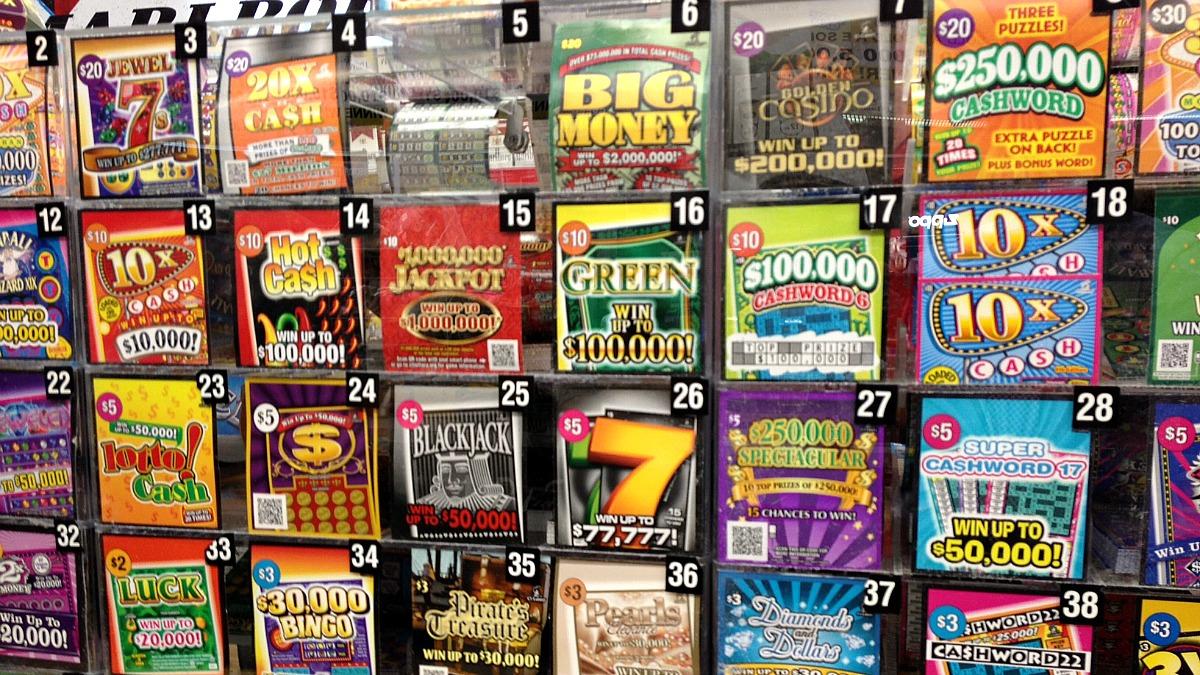In the grand scheme of gambling, few games capture the imagination quite like the lottery. With its promise of life-changing jackpots and the allure of instant wealth, the lottery has become a cultural phenomenon spanning the globe messipoker. Yet, beyond the surface appeal of picking numbers and hoping for the best, lies a fascinating world of psychology, mathematics, and socio-economic dynamics. In this article, we delve into the unique aspects of lottery games, uncovering what makes them so compelling and exploring their broader implications.
The Psychology of Hope and Probability
At its core, the lottery is a game of chance. Players select a set of numbers, often based on a combination of meaningful dates, lucky digits, or entirely random choices, and then wait for the draw. It’s a simple concept, yet the psychological underpinnings are complex.
Lotteries tap into our innate desire for hope and the possibility of a better future. Whether it’s dreaming of quitting a mundane job, paying off debts, or achieving financial freedom, buying a lottery ticket represents a symbolic investment in these aspirations. Psychologically, the act of purchasing a ticket triggers a dopamine rush, fueling fantasies of what could be.
Moreover, the perceived odds of winning play a crucial role in sustaining interest. Despite the astronomical probabilities against hitting the jackpot, the human mind often struggles with grasping such abstract concepts. Instead, individuals focus on the small possibility of success, allowing optimism to triumph over rationality.
The Mathematics of Chance
From a mathematical standpoint, the lottery is a fascinating case study in probability theory. Each draw presents a unique combination of numbers, with the chances of any particular sequence being selected determined by the total number of possible combinations.
Lottery organizers employ various strategies to ensure fairness and randomness in the draw process. Random number generators, sophisticated algorithms, and stringent security measures are implemented to prevent tampering and maintain integrity.
However, despite these precautions, the odds remain firmly stacked against the player. The likelihood of matching all the winning numbers is often infinitesimal, leading some critics to characterize lotteries as a “tax on the poor,” exploiting the dreams of those least able to afford it.
Socio-Economic Implications
Lottery games are not just isolated gambling activities; they are embedded within broader socio-economic contexts. Studies have shown that lottery participation is disproportionately higher among lower-income demographics, with individuals facing financial hardship often viewing the lottery as a potential escape route.
This phenomenon raises important ethical questions regarding the role of government-sponsored gambling in society. While lottery revenues contribute to essential public services such as education and infrastructure, critics argue that they perpetuate inequalities by preying on vulnerable populations.
Furthermore, the allure of the lottery can foster unrealistic expectations and financial irresponsibility. For some, habitual lottery playing becomes a form of escapism, diverting attention from more practical strategies for improving one’s circumstances.
